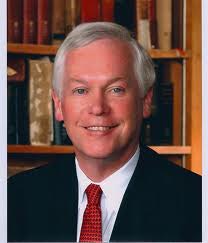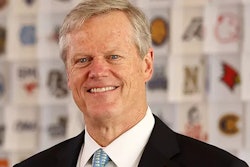
So, why do liberal arts graduates, especially humanities majors, suffer from inaccurate and inconsistent portrayals of their attractiveness to employers?
There are likely several reasons behind this inconsistency.
Liberal arts graduates, especially in the humanities, do not as easily transition into first jobs as students also trained, for example, in STEM disciplines, teaching, nursing or business. For many of these humanities students, the move to employment typically includes additional education at the graduate or professional level. Some of them are uncertain about career paths while others received limited guidance as their graduation day approaches.
And this inattentiveness is part of the problem with which higher education must deal. College and university career centers are weakest for humanities graduates not pursuing a defined course leading to a logical placement at graduation.
Although there are numerous exceptions, there is much blame to spread across the campus. Humanities faculty typically train to replace themselves, with little practical experience in work settings beyond the college campus that they can convey as alternative employment to their students. There is no “clinical” internship or externship opportunity comparable to the sciences or through professional degrees like nursing. Career centers often heavily rely upon alumni networks, career fairs or institutional relationships that are strongest in areas like business and engineering. Look only to the list of employers participating at career fairs to illustrate this point.
Is it any wonder, then, that anecdotal stories about liberal arts majors who graduate to flip hamburgers or drive taxicabs predominate in the mainstream media?














